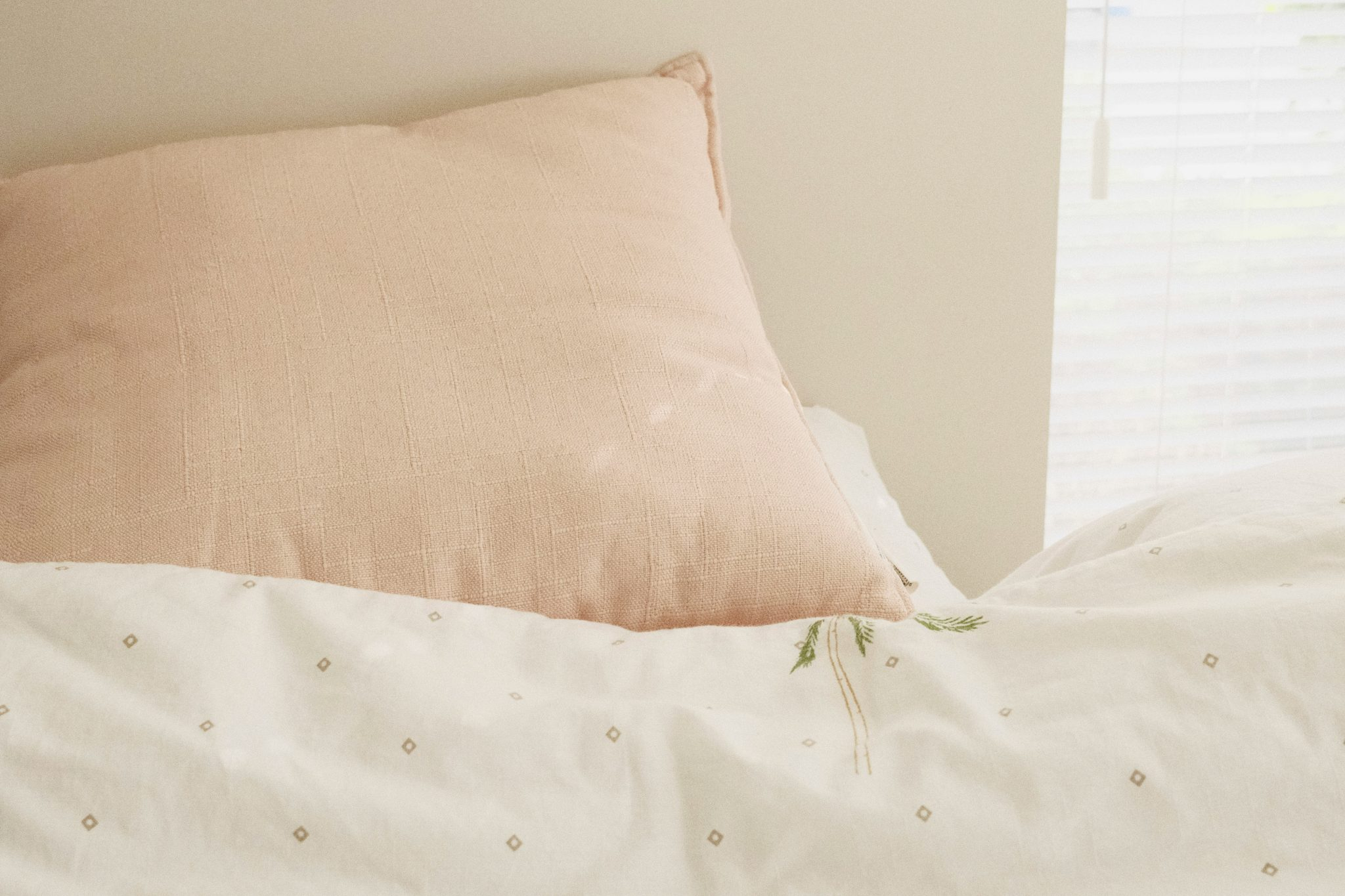Sleep Hygiene Tips for Restful Nights
You toss and turn, unable to fall asleep. You try counting sheep, drinking warm milk, and even downloading a sleep app, but nothing seems to work. Sound familiar? You’re not alone. According to the American Sleep Association, 50-70 million adults in the US experience some form of sleep disorder. However, don’t fret just yet, as the solution might be simpler than you think. The key to a restful night’s sleep lies in practicing good sleep hygiene. In this article, we’ll dive into what sleep hygiene is and provide tips and tricks for achieving a deep, rejuvenating slumber.
The Importance of Sleep Hygiene
Before we discuss tips for improving sleep hygiene, let’s define what it means. Sleep hygiene refers to a set of habits and practices that promote a healthy and consistent sleep pattern. By incorporating proper sleep hygiene techniques into your routine, you can improve the duration and quality of your sleep. This, in turn, can have a positive impact on your overall health, mental well-being, and productivity.
Setting the Stage for Sleep
Create a Relaxing Environment
The first step to achieving a restful night’s sleep is creating a peaceful and relaxing sleep environment. Your bedroom should be cool, dark, and quiet. Try to eliminate distractions such as electronic devices, clutter, and bright lights that can disrupt your sleep.
Invest in a Good Mattress and Pillows
Your mattress and pillows play a crucial role in ensuring a comfortable sleep. A good quality mattress and pillows that support your body can alleviate aches and pains, reducing the likelihood of waking up in the middle of the night. Consider investing in a memory foam or orthopedic mattress and pillows for maximum comfort.
Establish a Bedtime Routine
Humans thrive on routines, and our bodies have natural sleep-wake cycles. By following a consistent bedtime routine, your body will learn to associate certain activities with bedtime and prepare for sleep. Wind down each night by taking a warm bath, reading a book, or meditating.
Healthy Habits for Better Sleep
Avoid Stimulants Before Bed
Consuming caffeine, nicotine, or alcohol close to bedtime can disrupt your sleep. These stimulants can make it harder to fall asleep and reduce the quality of your sleep. Limit your caffeine intake to earlier in the day, avoid smoking before bedtime, and be mindful of alcohol consumption.
Exercise Regularly
Regular exercise can improve sleep in several ways. It can help release tension, boost your mood, and regulate your body’s internal clock. However, avoid strenuous exercise within a few hours of bedtime, as it can increase alertness and make it harder to fall asleep.
Create an Ideal Sleeping Schedule
Consistency is key when it comes to sleep. Try to maintain a regular sleep schedule, even on weekends. Your body will learn to recognize when it’s time to sleep and when it’s time to wake up, making it easier to fall asleep and wake up naturally.
Avoid Napping Too Close to Bedtime
While napping can be beneficial for some, it can hinder sleep for others. If you struggle with falling asleep at night, avoid napping too close to your bedtime, as it can disrupt your sleep schedule. If you do nap, try to limit it to 20-30 minutes in the early afternoon.
Final Thoughts
Without proper sleep hygiene practices, it’s challenging to achieve the restorative, deep sleep that our bodies desperately need. By incorporating these tips and techniques into your daily routine, you can set the stage for a restful night’s sleep, and wake up feeling refreshed and rejuvenated every morning. Remember, a little effort goes a long way towards improving your sleep and overall well-being.










